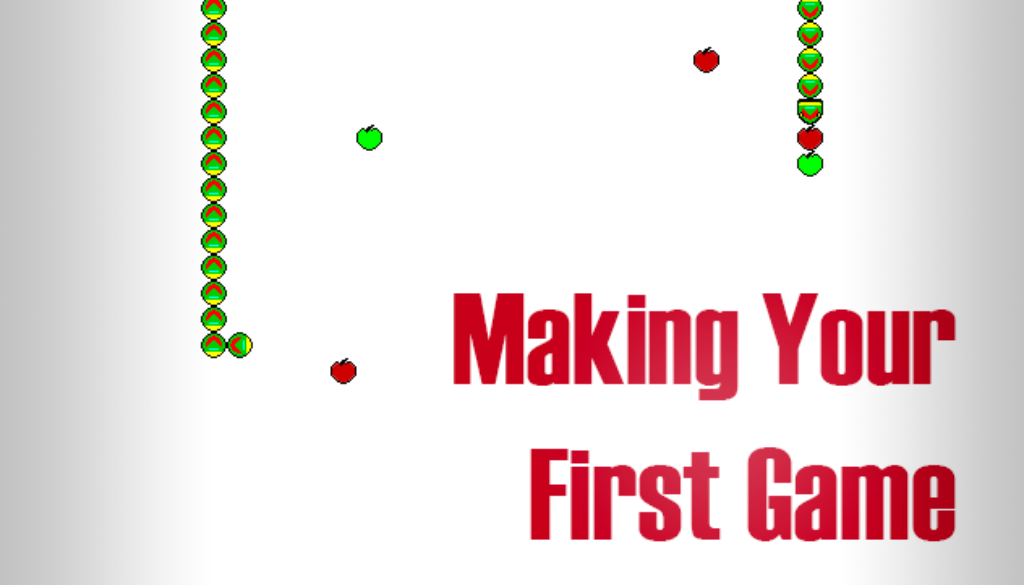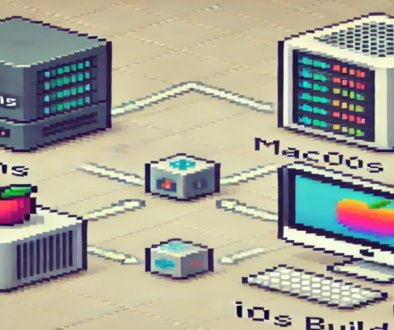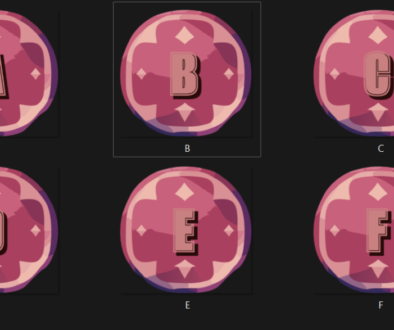Making your first game ever
It is critical to set an achievable goal when making your first video game so that you can learn and build better and better games over time. When you complete a game and watch other people play it, that is when you really learn how to make better games. It is true of all games, educational, action, and board games, and all game makers, you will become better with practice.
This video is perfect for a game maker who is working on their very first game and is full of solid advice and worth watching.
Achievable Goal
The advice in the video to create a manageable goal for your first project should not be ignored. I think this is critical. I have seen developers who never finish their first project because they never feel it matches up to what their expectations were before they started and they never share it. This is no way to get better at anything. I imagine this is true of any craft. You have to finish the project, look back at it honestly and critically, and then evolve.
Hackathons are great for the reasons expressed in the video, they are designed to help you build what you can in a short time, and finish.
Play to Your Strengths
Creating a game as an individual is really an insane task. Game making is often compared to movie making and I think this comparison also holds true for your first game. You should think of your first game as you would your first movie, a project with limited resources being built by someone without knowledge of how it is all done. You might know how to use the video camera well, but you may never have had to edit sound before. Maybe you are good at creating costumes and scenery but you have no clue how to edit video. Can you imagine how successful you would be if you planned to make your first movie Terminator 3?
Making a game is just like that. You will take on the role of Game Designer, Producer, Developer, Lead Animator, Lead Artist, Sound Engineer, Musician and more! It is probably the case that you are not great at all of those roles (yet!) So Extra Credits advises you to think about all the roles that you will need for your first project, and try to lean heavier on your current abilities.
For first games, this is often developer skills vs. designer skills. Most game makers will outsource most of the other parts (sound effects, music, etc.) for their personal projects. If you are a good designer, then make your first project a design heavy game, if you are a good developer, why not highlight that in your first game.
Keep it simple
This is important forever, not only for your first game. Start simple. For instance, your game may eventually have 1000 levels but setting that as a requirement or goal for your first project will not serve you well. Make 2 levels instead and you will have made everything you need to add more levels later. Then call the game finished, show it to your friends or the internet and gather feedback to make more levels, or you might decide to make another game entirely.
Keep it simple and iterate, that is what lean is all about, and that is becoming an industry standard. Do not invest your time and resources in a project that is not going to succeed. Learn early, get feedback and iterate.
More resources
In addition to that video, Extra Credits is a great series for anyone who is interested in game development. Here are a few more resources.
- GDC Vault – https://www.gdcvault.com/
- Extra Credits – https://www.youtube.com/user/ExtraCreditz
- Pixel Prospector – http://www.pixelprospector.com/



